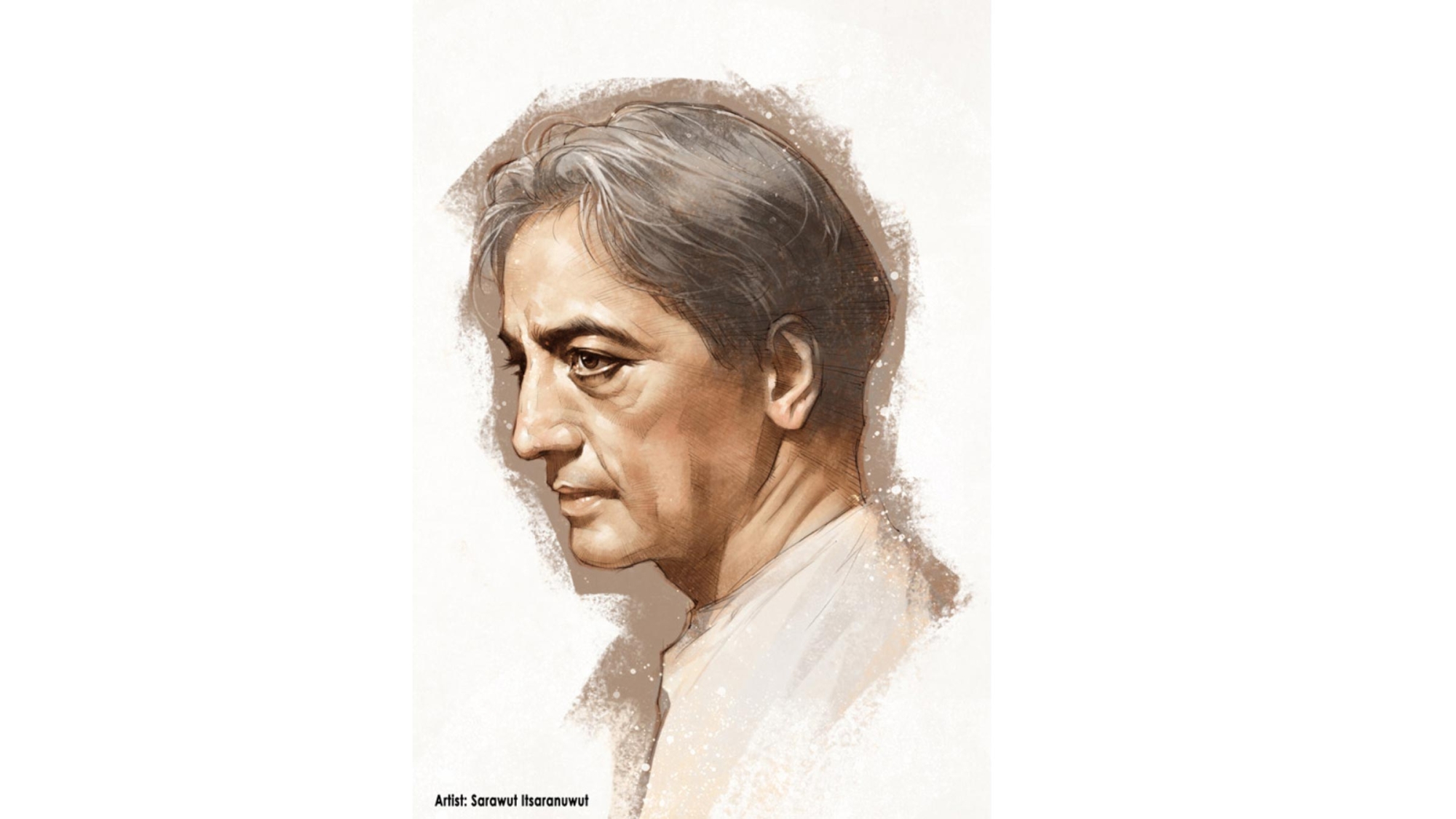From India to Ojai: The Life & Legacy of Krishnamurti
Nearly everyone I know has suffered the discontent of having someone else decide what they should be when they grow up. If you’re among them, Jiddu Krisjnamurti’s early life story may seem all too familiar, but if you’ve been listening to your spirit guides, his later decisions about the trajectory of his life will resonate with you, too.
Krishnamurti was born in India in the last decade of the 19th century. He was an unremarkable grade school student until the age of eight, when he was discovered by Liberal Catholic bishop and Theosophical author C.W. Leadbetter on the grounds of his Theosophical Society (the boy lived next door), deemed exceptional, and thenceforth raised and groomed to become the next Great World Teacher to guide the evolution of humankind.
But as Krishnamurti grew and gained exposure to other lands, peoples, and experiences, he grew dissatisfied with the role he had been tapped to fill. He didn’t want to become a teacher; he wanted to remain a seeker. He found his fulfillment asking himself questions about his internal dialogues and soliloquies and, realizing his biases, he understood that each of us is responsible for our own education and intellectual and spiritual development.
So, he eventually severed ties with the Leadbetter’s Theosophical Society and dashed wholeheartedly into a discipline (self-knowledge) that would indeed make him a teacher, but this time on his own terms.
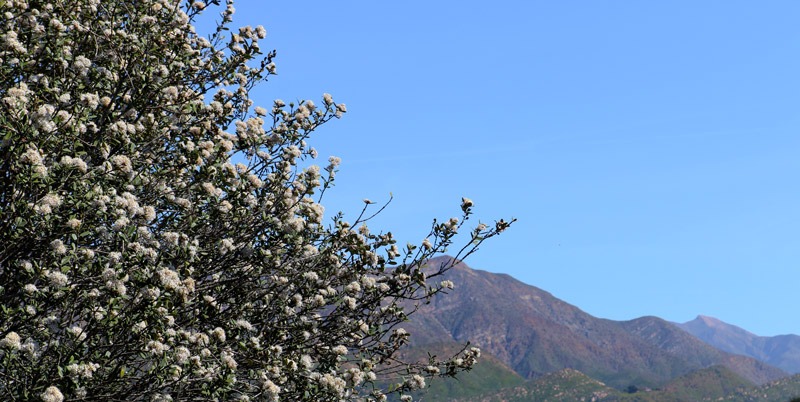
Krishnamurti came to my hometown, Ojai, the first time believing that its high desert environment would help his brother recover from and survive tuberculosis, but quickly grew immensely fond of the place. He lived there for the rest of his life, passing away at age 90 in 1986. (His brother wasn’t as lucky. He passed away when he was just 26 years old.)
In Ojai, Krishnamurti experienced a decades-long spiritual adventure that changed his life forever. The experience was initiated with ever-increasing pain in his neck but, despite the physical discomfort, he described the sensation as a mystical union containing immense peace. A few weeks later, and for the rest of his life, he experienced what he described as “the process” of realizing what he called “the sacredness” and “the otherness” of this life-altering paradigm shift.
Grass was no longer green. It was a kaleidoscope of sacred, swirling colors. Nothing appeared, by default, the same way it had before. He had broken through to a world more wondrous than any he had ever imagined. It was as if he was seeing life from the viewpoint of an innocent, unschooled child, with no preconceived notions of what to expect from his observations, so he felt himself both “apart” and “a part” of it all.
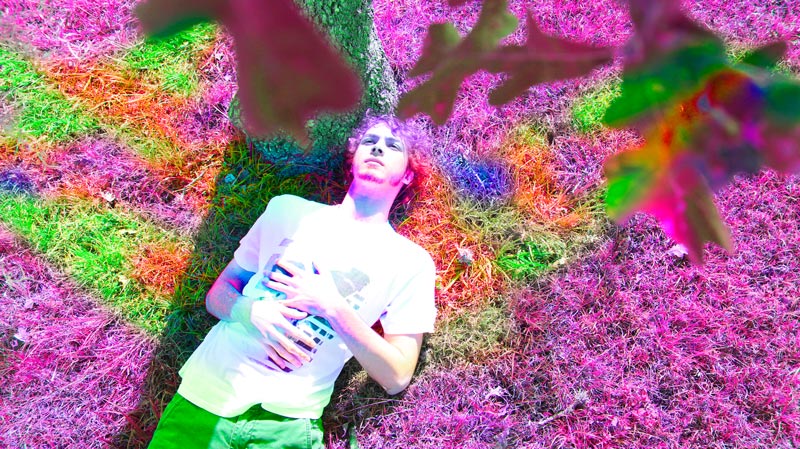
He constantly challenged people to question authority and culture; indeed, to question knowledge itself, saying, in essence, “Of what value is knowledge? Has knowledge (cultural and spiritual indoctrination, in most instances) made our species more just, more compassionate, more humane, more loving?” He considered doubt and skepticism great purifiers. “To be free of all authority, your own and that of another, is to die to everything of yesterday, so that your mind is fresh, young, innocent, full of vigor and passion.”
One of his most profound statements was “Unless I fundamentally change, the future will be what I am now.” He emphasized that society isn’t just a reflection of us, it is us in action, the result of millions of people surrendering their freedom to respond differently and thereby adhering to their cultural belief systems rather than questioning why war, division, greed, cruelty, jealousy, avarice and subjugation appear to be so many cultures’ default operating system.
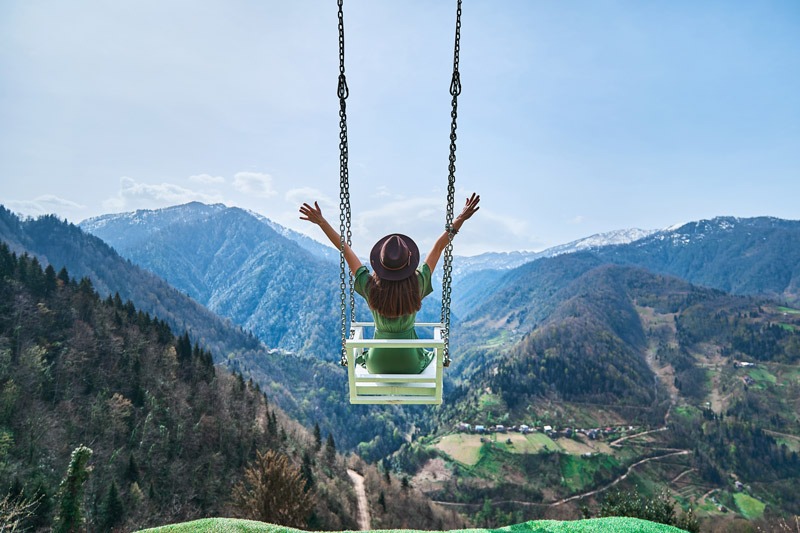
And he focused extensively on the now, explaining that yesterday is dead, and tomorrow hasn’t arrived yet, and everything that happens tomorrow will be the result of what we decide, as individuals, to do in each moment, which is the only “time” there is in which to reimagine and revolutionize the way we want to engage with life. Can we become a light to ourselves? Can we act in ways that won’t bring conflict, sorrow, or pain to our loved ones and to all others? He believed the betterment of humankind to be entirely possible, but that it would take a lot of unlearning to achieve a true “civil-lization” worthy of the designation.
Krishnamurti On Responsibility
Krishnamurti taught that embracing responsibility for one’s own thoughts and actions could redeem humankind. He said that surrendering our “response-ability” to others (teachers, preachers, politicians, sages, gurus, and other authorities, including himself) was divesting ourselves of our ability to create change. He felt most people did so out of fear or confusion, saying it’s easier to give someone else the reins and follow them blindly, or to hand over the responsibility so we can criticize them without feeling the need to do anything more to correct what we consider their shortcomings and missteps as our designated leaders/responsibility stand-ins. “Freedom and authority,” he said, “cannot exist together.” And he contended that true discipline consists of “loving all the time.”
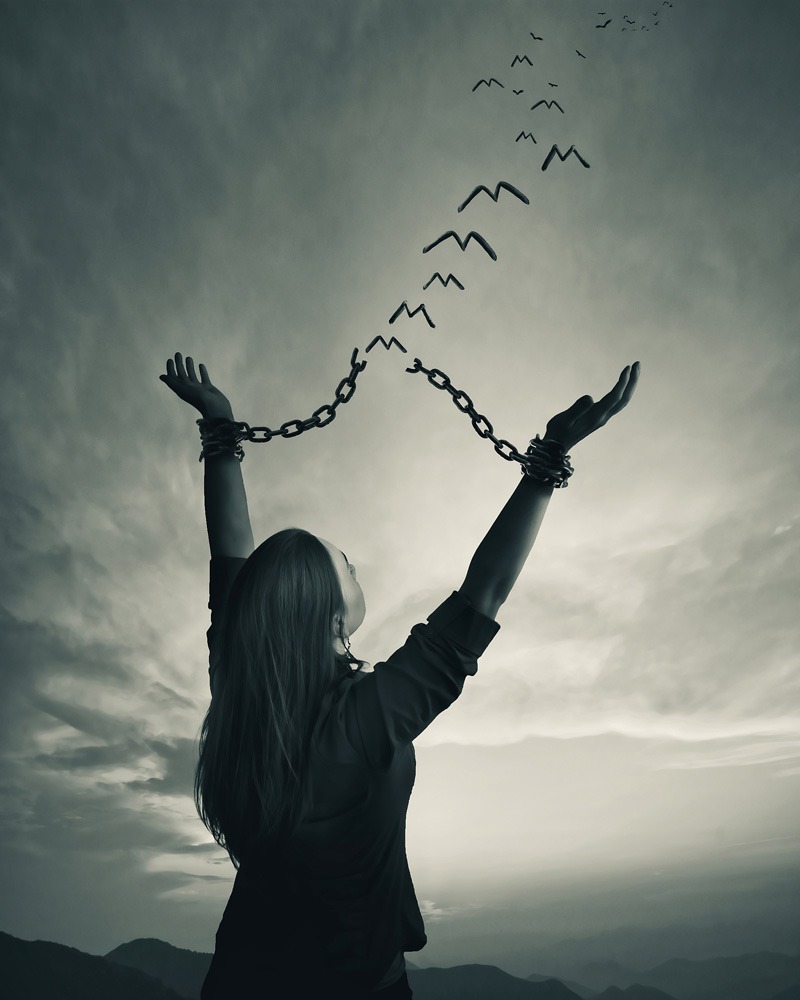
As a result of his lifetime of questioning, some of his most profound insights were close to inexplicable, for example, “To put it into words is to destroy it.” He was crystal clear in conveying that people should find the ineffaceable for themselves by doing the hard work of learning how to learn again, freed of the cultural underpinnings that have done so much to define the situations we find ourselves in today.
Krishnamurti Quotes that Mirror my Teachings
It’s hard to choose my favorite quotes of Krishnamurti, but here are just a few: “In oneself lies the whole world, and if you know how to look and learn, the door is there, and the key is in your hand. Nobody on earth can give you the key or the door to open, except yourself.”
“It is very easy to conform to what your society or your parents and teachers tell you. That is a safe and easy way of existing; but that is not living…To live is to find out for yourself what is true.”
“I don’t mind what happens. That is the essence of inner freedom. It is a timeless spiritual truth: release attachment to outcomes, deep inside yourself, and you’ll feel good no matter what.”
“There is hope in people, not in society, not in systems, but in you and me.”
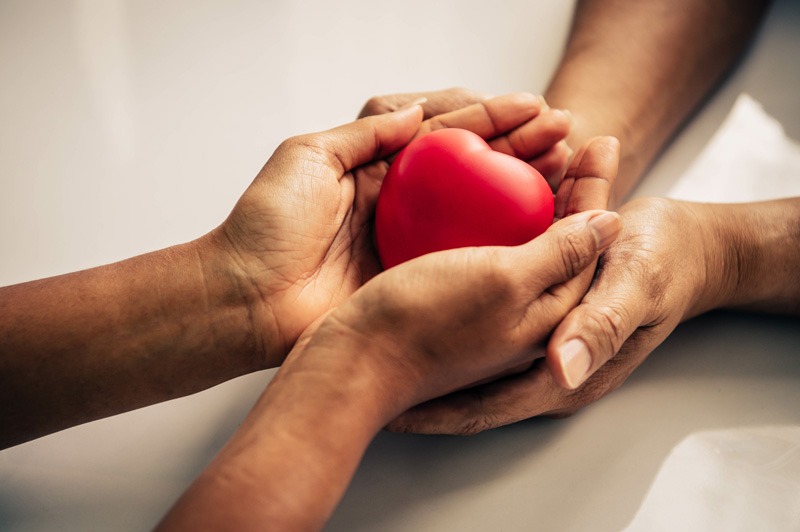
“To be free comes not from changing or fixing this world, but from seeing this world as it is and opening the heart in the midst of it.”
“Freedom and love go together. To love is not to ask anything in return, not even to feel that you are giving something – and it is only such love that can know freedom.”
“Unless I fundamentally change, the future will be what I am now. What is the energy, the intensity that will make me change?”
If you’d like to embark on a similar quest in the same place where Krishnamurti and many of my own breakthroughs occurred, click here to find out how!

